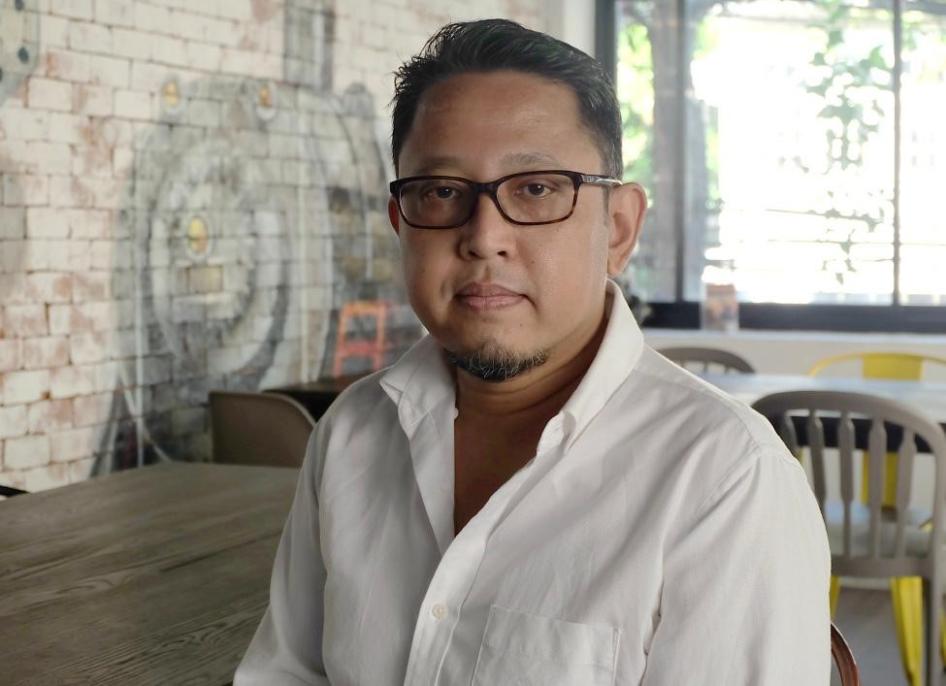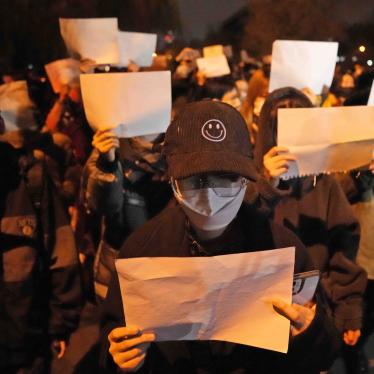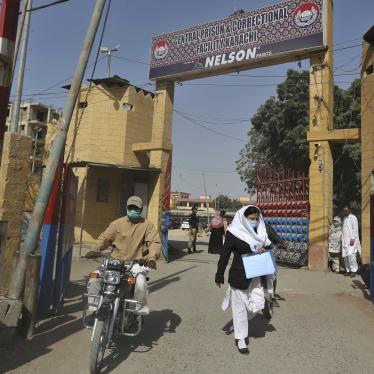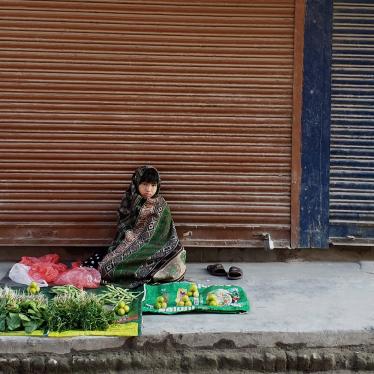How has life changed since the pandemic?
I feel like I have been on a rollercoaster amid the Covid-19 pandemic. Earlier this year, Thailand saw youth-led rallies in universities across the country after a court ordered the dissolution of the opposition Future Forward Party. I monitored these rallies and tried to remind that the Thai government had obligations, under the Thai constitution and international human rights treaties, to ensure a safe space for peaceful expression of political opinions, regardless of the standing and affiliation of those being criticized by the protesters. Tensions continued to rise as the rallies spread and grew bigger each week. But then the pandemic hit Thailand. As the number of people infected by Covid-19 rose, the government used the draconian 2005 Emergency Decree to declare a nation-wide state of emergency on March 24. With that, police started strictly enforcing a ban on public gatherings. Repression in Thailand did not go into a hiatus when the country was locked down.
Thai authorities have shut down criticism from the media, healthcare workers, and the general public about their response to the pandemic, using both the Emergency Decree and the Computer-Related Crime Act’s “anti-fake news” provisions. I saw whistleblowers in the public health sector, and online journalists, being targeted by retaliatory lawsuits after they reported alleged corruption related to hoarding and black-market profiteering of surgical masks and medical supplies. Some medical staff were also threatened with disciplinary action, including terminating employment contracts and revoking medical licenses.
I also documented a number of incidents in which Thai officials selectively used public health concerns to justify suppression of fundamental freedoms. A number of pro-democracy activists who took part in anti-government rallies were arrested and charged with violating social distancing measures intended to control the spread of the Covid-19 virus.
What have you learned from the pandemic?
Government policy formulation regarding Covid-19 measures has shown a remarkable lack of inclusiveness. Millions lost their jobs when business and social life were shut down. Thousands of people lined up for food handouts, and that continues to be a daily scene in many parts of the country. My hometown of Phuket, and other tourist destinations across the country, are deserted. Without tourists and the dollars they bring, the economic life of these towns is dying. Hardship and suffering can be felt everywhere. There has been a very high price, paid by the ordinary people of Thailand, to attain the Thai government’s goal of maintaining a zero rate of infection.
The result is that political and social tensions have combined to create a tinderbox. Unresolved political dissatisfaction has been worsened by economic difficulties and socialalienation. Since July, Thailand has seen new political upheavals. The Free Youth movement (now named Free People) organized a rally in Bangkok on July 18, with more than 1,000 participants calling for the dissolution of parliament, a new constitution, and an end to official harassment and intimidation of people who exercise their freedom of expression. Since then, rallies have spread to at least 55 provinces across the country and broadened to include demands for reform of the institution of the monarchy to curb the king’s powers.
As of Aug. 18, at least 31 people faced sedition and other serious criminal charges for speaking onstage at these rallies. Police have also stepped up intimidation of those who take part in the uprising. At schools, students who flashed the Hunger Games’ three-finger salute and wore white ribbons to support the pro-democracy movement have been punished by their teachers and intimidated by police. But oppression seems to make the aspiration for democracy grow stronger.
What comes next?
On Aug. 16, the largest rally to date took place in front of Bangkok’s Democracy Monument, with more than 20,000 people showing up in defiance of state intimidation and threats of prosecution. The event was the biggest political gathering since the May 2014 military coup. The Free People Movement has been expanding horizontally as more and more groups from different parts of Thailand have come to join. The movement now includes students demanding greater freedoms on campus and schoolground, LBGTQ groups demanding gender equality, labor groups demanding fair compensation for Covid-19 impacts and better employment conditions, ethnic Malay Muslims from Thailand’s Deep South demanding an end to military control of their region, and many more. Vertically, support for the movement has grown to include both older and and younger segments of the population. I saw children as young as 12 sitting next to older protesters who have been attending pro-democracy rallies since the 1990s. The air is thick with the prospects and the perils of a potential revolution.
Thailand is stepping out of the Covid-19 pandemic into uncharted territory. No matter what the outcome is, the country will never be the same again.– As told to Gwen Robinson (Nikkei Asian Review, editor-at-large)
Learning from Covid-19 in Thailand
Gwen Robinson Interviews Sunai Phasuk, Senior Researcher
Your tax deductible gift can help stop human rights violations and save lives around the world.
Tags
Most Viewed
-
November 25, 2019
A Dirty Investment

-
June 24, 2022
Q&A: Access to Abortion is a Human Right

-
April 9, 2024
Gaza: Israel’s Imposed Starvation Deadly for Children
-
April 27, 2021
A Threshold Crossed

-
March 29, 2021
“Everything I Have to Do is Tied to a Man”




